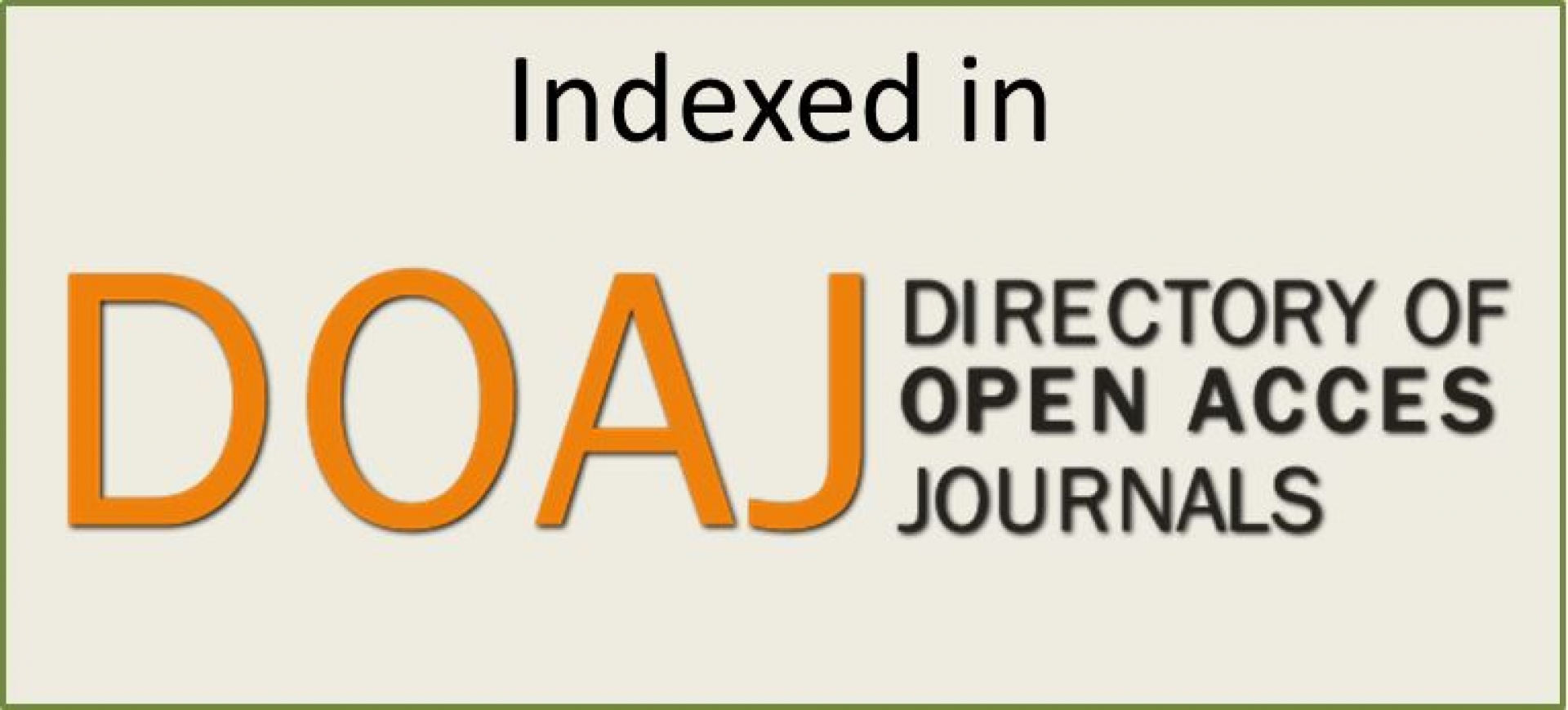EDITORIAL
DOI 10.25176/RFMH.v19i3.2175
1 General Director of ARCPER, Lima-Peru.
2 General Director of INICIB, URP, Lima-Peru.
a Specialist in medical oncology.
b Master in clinical research.
c Doctorate in medicine.
The etymological origin of the term Diet, derives from the Greek δίαιτα, understood as "lifestyle"; currently the Science shows that prevention and protection of well-being begin in the diet and continue in our Lifestyle. Diet is a key factor for the health status of the individual since the interaction between diet, environmental factors and genes, determines the well-being of people.
The negative impacts on health, caused by an inadequate diet, are increasing every day. The obesity, the main consequence of this nutritional alteration, is one of the main causes of morbidity and mortality in most countries for the diseases associated with it, NTCDs (Non Transmissible Chronic Disease): dyslipidemias, cardiovascular diseases, diabetes mellitus type 2, fatty liver not alcoholic and even Cancer1.
Nutrigenetics is the science that is dedicated to the study and characterization of the different variants of the genome and how they influence the body's response to nutrients, increasing or decreasing the risk to suffer from diseases related to nutrition; and nutrigenomics is the science that is dedicated to understanding as the nutrients that we incorporate with the diet influence cellular homeostasis, altering the expression gene, the production of proteins and / or the production of metabolites. The approach of nutritional genomics, which includes both, is revolutionizing and generating a paradigm shift in control and prevention primary of a number of metabolic diseases and cancer through proper personalization of nutrition using genomic platforms and omics tools, such as bioinformatics, to the study of genetic polymorphisms that produce predisposition to certain diseases and modify the interaction with nutrients.
On the other hand we must also bear in mind that there are epigenetic changes, product of the interaction of individual with the environment that generate changes in the expression of the genes that, joining the factors mentioned above, they generate disease. It is important to mention that a large part of the changes produced by this type of factors, generally environmental, can be modified by modifying our lifestyle, for example, practicing sports conditioning to the own physical characteristics, stop smoking, eat on healthy way etc.2.
An important aspect to considerer in the knowledge integration approach is the study of microbiome and how it interacts with all the factors mentioned above3.
According to the International Nutrigenetic / Nutrigenomic Society (ISNN), the future of precision nutrition is based in the stratification of conventional nutritional guidelines in subgroups of population by age, sex and other social determinants; individual approaches based on detailed and accurate phenotypic characterization; nutrition based on the characterization of rare genetic variants with high penetration and impact on the individual response to particular elements2.
We can conclude then that we are in the times in which we can talk about precision medicine applied to nutrition, I am referring to precision nutrition and this thanks to genetic plaforms emerging that allow studies of nutritional genomics aimed at the prevention of diseases through personalized prevention plans.
